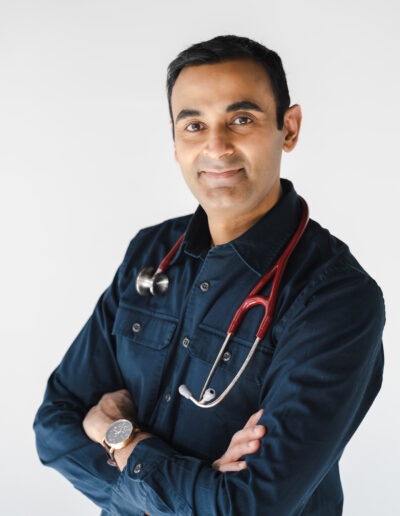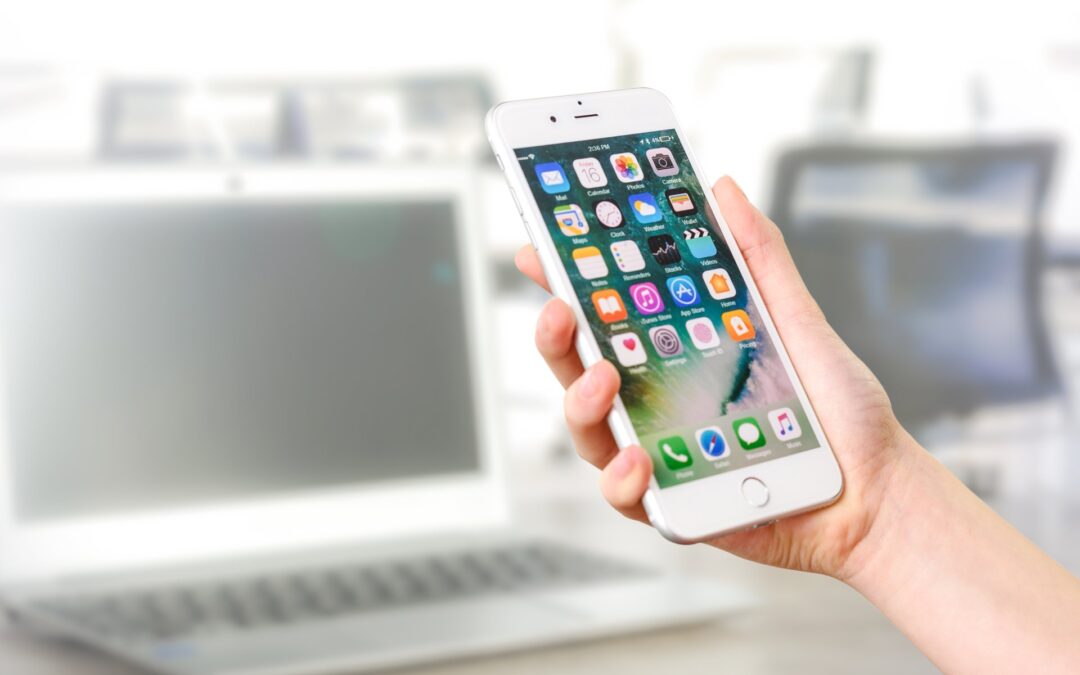Around 2007-2008, something was to happen that would change the course of the world and dramatically alter most societies on the planet. The first smartphones were being rolled out, starting with the iPhone, and as primitive as they initially were—a lot of people realized very quickly that having the world at our fingertips would be a gamechanger.
Let’s go back then to 2008. Barack Obama was running for President and Beijing was hosting the summer Olympics. I’m guessing that most people reading this were adults at that time, and can clearly remember what life was like pre-iPhone. We would perhaps tune into the TV news a couple of times a day to check in with headlines, browse the few online news websites via our computers, or read a printed newspaper. Crucially though, there was still very little social media. Facebook was very basic and only had a tiny fraction of the number of users it does now. We all likely have our own thoughts about whether life was better or worse that short time ago, but let’s stay focused on the main topic of today: COVID-19.
For the last few months, most people have been entirely getting their pandemic news via their smart phones. 24/7, updated every few seconds. We take this new world for granted, but forget how much of a change it is from how we used to exist, and the effect it’s had on us collectively. The latest stats and information flash up on our screens continuously. We are so used to it now. And sadly as is often the case nowadays, frequently doused with a sprinkle of politics as well. There’s little doubt that one thing this constant news stream does, is always amplify the bad news and sensationalize the worst things to happen (online media makes money by generating clicks, that’s how it works). This predisposes us to a loss of perspective on most major issues. For instance, a headline about a younger, healthier person succumbing to COVID-19 or having a rare side effect, as tragic as it is, is an extremely rare event—but will always grab the headlines. You will hear far less about the thousands of people who may be recovering uneventfully at home within a few days, or having minimal symptoms. Similarly, if a city hospital is sadly overrun with cases, the news will invariably focus on that one hospital’s experiences. There may be 10 hospitals nearby which are not overrun, and managing the pandemic at a more acceptable level. That’s not to say that these stories are unworthy or having a regular news feed during a major human event and keeping people informed isn’t a good thing—it always is. As long as we don’t only focus on what’s going to generate the most “clicks”. What about the states in America that have really turned their COVID situation around? What about the athletes who contracted the illness, got better quickly, and were training again within a couple of weeks? What about all those 90+ year-olds that I’ve seen successfully discharged from the hospital? The world of clickable online news media on our phones is not good for the more hopeful and positive stories out there—as we find ourselves saturated with bad news.
I will be fascinated in the future, to read what’s written about the inescapable human mass psychology side to this pandemic, which has played out in every country across the globe (we are all human after all). But for now, I’d like give anybody reading this, a task: Close your eyes for a moment and think back to 2008 and what life was like pre-smartphone. You may have had a rudimentary flip-phone or Blackberry. You never used your phone to check on the news and you weren’t on social media. How do you think our reaction to COVID-19 would have been different? Would governments have responded differently as a result? Would it have been better or worse? Would it have involved less hysteria or more? Would there have been a more targeted response of protecting certain vulnerable groups, or less? Would we have had a complete lockdown, a partial one, or none at all? Would schools and colleges have closed?
I have my own thoughts on this, and personally believe that pre-iPhone, our collective response to coronavirus across the world would have not only been a little different—but completely different on multiple levels. But just think about it for a moment, because this is purely an academic exercise. Feel free to leave a comment below or email your thoughts.


 Suneel Dhand is a physician, writer, and YouTuber. He is Co-Founder at
Suneel Dhand is a physician, writer, and YouTuber. He is Co-Founder at
Dear Suneel ,
When comes to bad news or pandemics, the less we know the better.
Cheers,
Cornel.
Hello Dr. Dhand,
Unfortunately, social media is overflowing with misinformation and disinformation. Once the foolishness takes hold, even a preponderance of evidence will not dislodge it. (Consider the notion that vaccinations induce autism,) Hence, the sky is falling with every tweet. Many in our society refuse to investigate beyond the headlines. Additionally, they have what I call arrogant ignorance – I have my opinion. Don’t bother me with the facts. Smart phones are, no doubt, a contributing factor, along with, poor education and a lack or manners and morals.